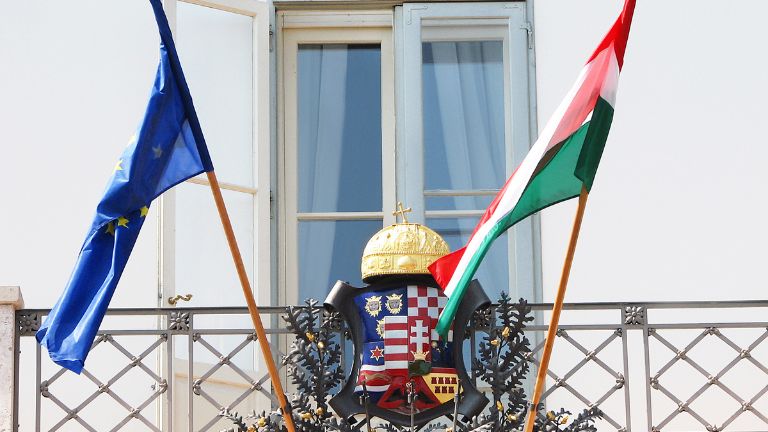Hungary
Hungary in Europe, Europe in Hungary – Ahead of the Hungarian EUCO presidency

Authors: Zoltán Ranschburg, Márton Schlanger
On 1 July 2024, Hungary will assume the rotating presidency of the Council of the European Union. It has never happened before that a member state assuming presidency was subject to an Article 7 procedure, nor that it had EU funds withheld from it due to serious issues concerning the rule of law. The government of Prime Minister Viktor Orbán is a key player in shaping the negative image of the European Union’s as it is highly Eurosceptic in its communications, disrupts decision-making processes by using veto rights as blackmail, and uses the EU as a scapegoat in its domestic political communications. What makes the Hungarian presidency’s situation much more controversial is that China, Russia, Orbán’s illiberal political allies, or Putin-friendly regimes of the Western Balkans might be (among) its beneficiaries. While the details of the Hungarian government’s official presidency programme are yet to be known, based on a number of background discussions and public information sessions held by government representatives over the last year, the four main priorities of the Hungarian Council presidency appear to be the following: improving defence capacities, managing demographical challenges, improving competitiveness, and advancing EU enlargement in the Western Balkans. These priorities cover policy areas that are undoubtedly important from a European perspective, but also enable Orbán’s government to pursue its own interests. The heads of states and governments of the rest of the EU member states will have to make sure throughout the Hungarian presidency that the Hungarian government doesn’t manage to appear on the international stage as the main representative of the EU or that of European values, and that Orbán’s opportunities of profiteering from the presidency are minimalized.